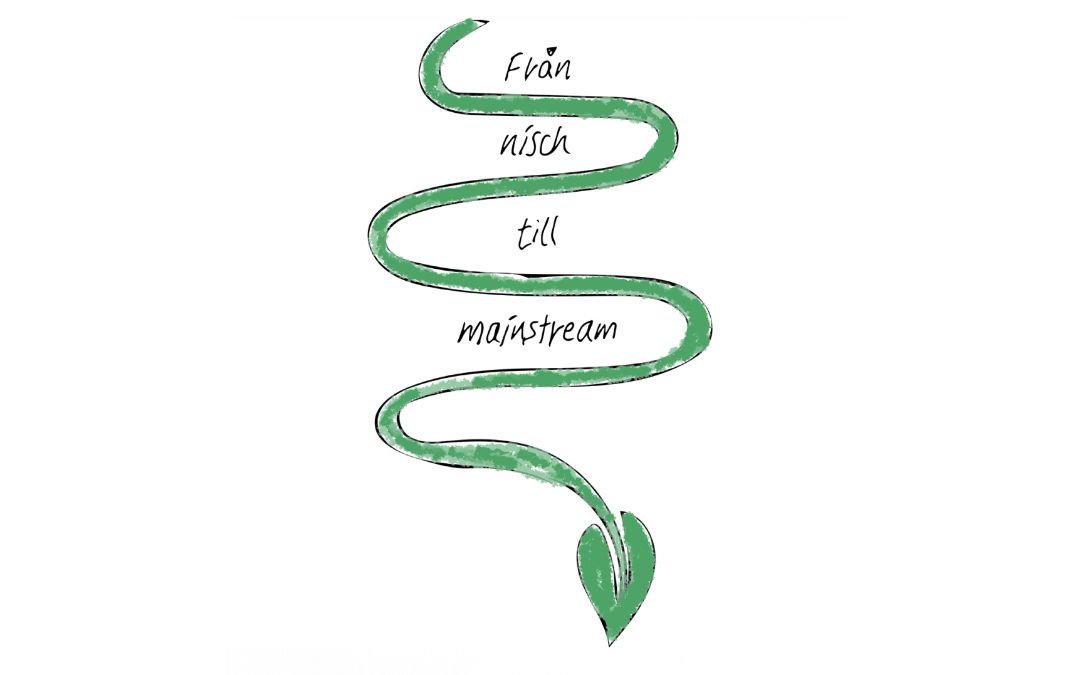
by jarbel | Nov 24, 2024 | Calender
It’s often said that “small changes can lead to big results.” However, this isn’t quite true—small changes generally lead to small results. There are solid reasons to believe that an individual’s behavior change alone does not lead to...

by jarbel | Nov 24, 2024 | Calender
A lot of people do care, but feel powerless or limited in their ability to act. This sense of resignation is common when we focus on what we can do primarily as individual consumers. Research (for example, The High Price of Materialism [40], see a summary video [41])...

by jarbel | Nov 24, 2024 | Calender
The public sector has several ways to promote sustainable food consumption. By using foods with low impacts on climate and biodiversity into public meals, it can play a pivotal role. Although it accounts for only a small percentage of Sweden’s total food...

by jarbel | Nov 24, 2024 | Calender
Environmental policy instruments may fail to be implemented if citizens have a very negative view of them. Designing policy tools that are acceptable to the public is sometimes a balance between factors like the instrument’s effectiveness, the cost to the individual,...

by jarbel | Nov 24, 2024 | Calender
When a policy or measure is described as “effective,” it can sometimes mean that it achieves the desired goal. However, it can also refer to “cost-effectiveness,” meaning that a certain goal—such as a reduction in emissions—is reached at the lowest possible cost. In...

by jarbel | Nov 24, 2024 | Calender
The term “circular economy” generally refers to an economy where materials are used in closed loops, allowing products and materials to be reused and recycled. “Circularity” is a means to achieve sustainability. A key aspect of a circular...






